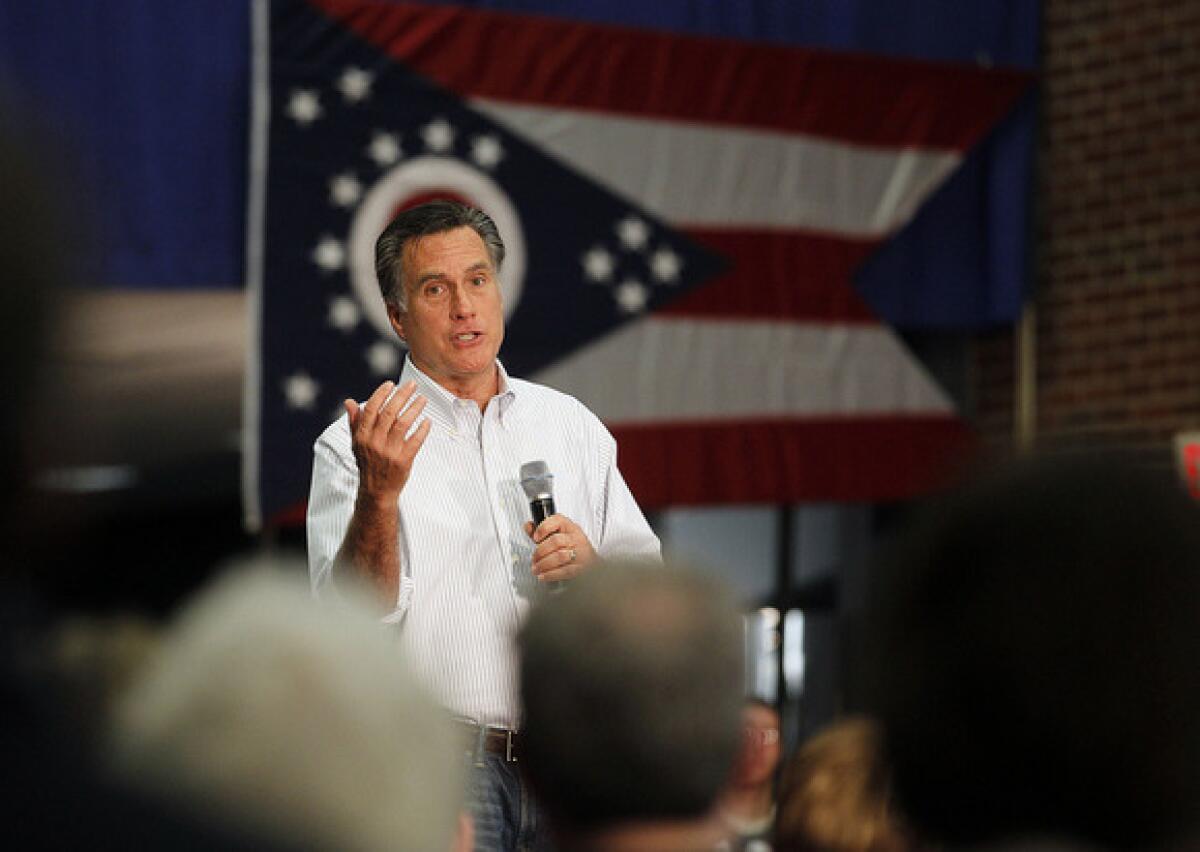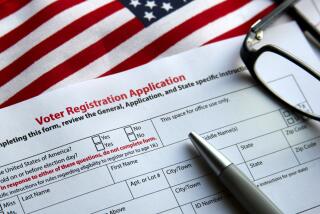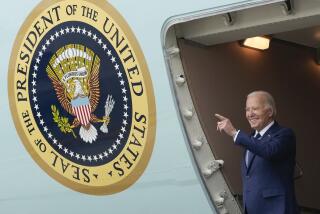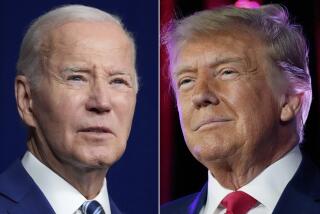Extended GOP fight raises new questions about primary process

Ten states have held nominating contests so far this year in the GOP race for president. In the next week, 11 more will do the same, most on Super Tuesday.
But if Haley Barbour had his way, the entire process would only be starting now, not heading into its busiest phase.
“The process starts too early. It is unfair to voters, and that’s who we should be concerned about: voters,” Barbour, the former Mississippi governor and national party chairman, said this week in Washington.
Every four years, both parties do their best to plan for a sensible timeline for choosing their presidential nominees. But inevitably, individual states try to jump to earlier dates in the hopes of having a more powerful voice, and the publicity that comes with it.
In 2008, that meant more than two dozen states held votes on the same day, the closest the United States has ever come to a national primary. So Democrats and Republicans each took steps to stretch out primary season.
For Republicans, that meant both encouraging states to move further back in the process by barring winner-take-all contests in the early phase, and threatening punishment -- an automatic cut of half the delegates allotted to any state that moved its vote into February.
Many states acted accordingly, but not all. And so eventually Iowa ended up holding caucuses just after New Year’s Day, followed by New Hampshire and then South Carolina and Florida that month.
“The process and the voters would be better served if the first primaries are around late February, the last primaries are in early June, and they were reasonably spread out,” Barbour said. “The party has tried to push back the front-loading. They’ve tried to keep people from starting so early, and thus far haven’t been very successful. I think you will see new efforts.”
With more states now awarding delegates on a proportional basis, it will be exceedingly difficult for any candidate to reach the required 1,144 to clinch the nomination until May. That gives Democratic President Obama time to bolster his resources and shore up his political standing.
There has even been talk of the need for a brokered convention, or to appeal to a white-knight candidate to come in to boost the party’s chances.
In a series of interviews Wednesday, RNC chairman Reince Priebus said the protracted GOP battle was a good thing for the party. He and others in the party point to the fact that Obama and Hillary Rodham Clinton waged their fight through the very last primary in June. Giving voters in more states a say in the process will ultimately be healthy for Republicans, as it arguably proved to be for Democrats.
“Beating an incumbent is very tough,” he said on MSNBC. “Having a rigorous debate as opposed to putting everyone to sleep and marching along is a better choice for our party.”
That’s not to say there won’t still be a push to further tweak the nominating process.
“In an elongated process with 20-plus debates in the media culture in which we live, it is almost impossible to see how that doesn’t ultimately have a degrading effect on all of the candidates who are participating in it,” countered Steve Schmidt, who ran John McCain’s 2008 campaign. “If your goal is to come out of a process with the strongest candidate possible, did the rules change help accomplish that? I think it’s an open question, with a lot of evidence to suggest that it is not.”
After his victories this week in Michigan and Arizona -- states that jumped ahead of the pack in violation of party rules -- a strong Super Tuesday for Romney could go a long way toward winding the campaign down. Though it wouldn’t give him the delegate majority he needs, it would likely sap his remaining rivals of political oxygen they need to keep going, and bring new pressure for the party to begin coming together.
Key Primary Dates Remaining:
March 6: Alaska, Georgia, Idaho, Massachusetts, North Dakota, Ohio, Oklahoma, Tennessee, Vermont, Virginia.
April 24: Connecticut, Delaware, New York, Pennsylvania, Rhode Island
June 5: California, Montana, New Jersey, New Mexico, South Dakota
michael.memoli@latimes.com
twitter.com/mikememoli
More to Read
Sign up for Essential California
The most important California stories and recommendations in your inbox every morning.
You may occasionally receive promotional content from the Los Angeles Times.










